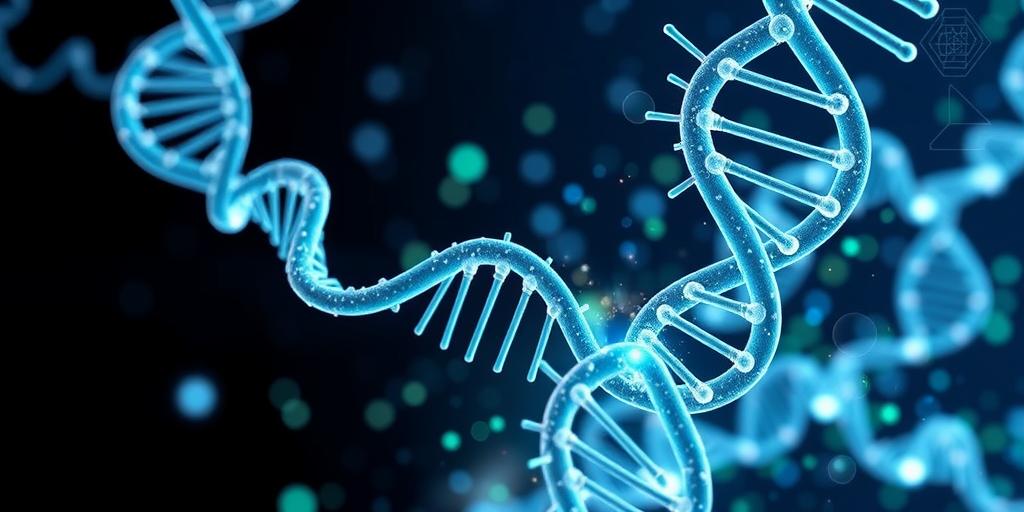Biotechnology: The Future is Now
Biotechnology is no longer a concept of the future; it's a dynamic force shaping our present and rapidly evolving to redefine our future. With advancements occurring at an unprecedented pace, it's essential to understand the trends that will dominate this field and the promises they hold.
Personalized Medicine
One of the most transformative trends is the move toward personalized medicine. By analyzing an individual's genetic makeup, lifestyle, and environmental factors, treatments can be tailored to their specific needs. This approach promises to:
- Increase treatment efficacy.
- Reduce adverse side effects.
- Provide more accurate diagnoses.
Pharmacogenomics, a key component of personalized medicine, studies how genes affect a person's response to drugs. This allows doctors to prescribe medications that are most likely to work and least likely to cause harm, marking a significant leap from the one-size-fits-all approach.
Gene Editing Technologies
CRISPR-Cas9 technology has revolutionized gene editing, making it faster, cheaper, and more precise than ever before. Its potential applications are vast:
- Correcting genetic defects.
- Developing new therapies for diseases.
- Enhancing crop yields.
While the ethical considerations surrounding gene editing are significant, the potential benefits are undeniable. As research progresses, we can expect to see more clinical trials and, eventually, widespread use of gene editing technologies in treating and preventing diseases.
Synthetic Biology
Synthetic biology takes biotechnology a step further by designing and constructing new biological parts, devices, and systems. This field holds the promise of:
- Creating biofuels and bioplastics.
- Producing valuable compounds like pharmaceuticals and fragrances.
- Developing biosensors for environmental monitoring.
By engineering biological systems, synthetic biology can address some of the world's most pressing challenges, from climate change to resource scarcity.
Biomanufacturing
Biomanufacturing leverages biological systems to produce materials and products on a commercial scale. This approach offers several advantages:
- Sustainable production processes.
- Reduced reliance on fossil fuels.
- Creation of biodegradable materials.
From cultured meat to microbial production of chemicals, biomanufacturing is set to transform industries and pave the way for a more sustainable future.
Artificial Intelligence and Machine Learning
AI and machine learning are becoming increasingly integrated into biotechnology, accelerating research and development processes. These technologies can:
- Analyze large datasets to identify drug targets.
- Predict protein structures.
- Optimize biomanufacturing processes.
By harnessing the power of AI, biotechnology can achieve breakthroughs faster and more efficiently, driving innovation across the field.
Challenges and Ethical Considerations
While the future of biotechnology is bright, it's important to acknowledge the challenges and ethical considerations that come with these advancements. Issues such as:
- Data privacy.
- Equitable access to new technologies.
- Potential misuse of gene editing.
must be addressed proactively to ensure that biotechnology benefits all of humanity.
Conclusion
The future of biotechnology is filled with promise. From personalized medicine to synthetic biology, the trends shaping this field have the potential to revolutionize healthcare, agriculture, manufacturing, and more. By embracing innovation while addressing ethical concerns, we can harness the full power of biotechnology to create a healthier, more sustainable future for all.









